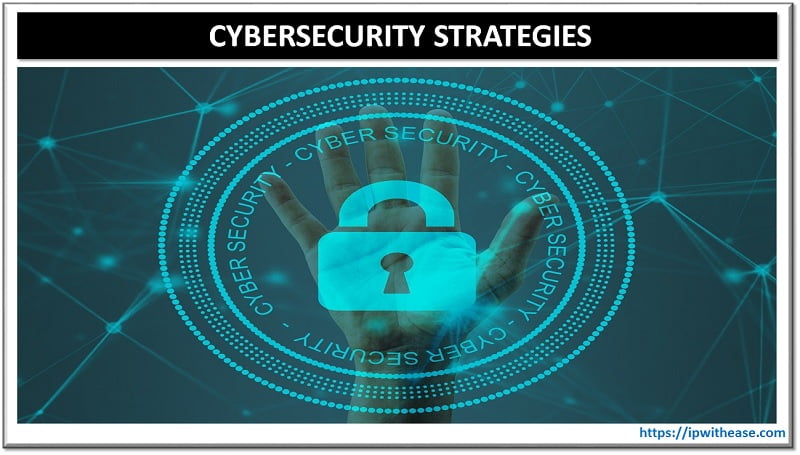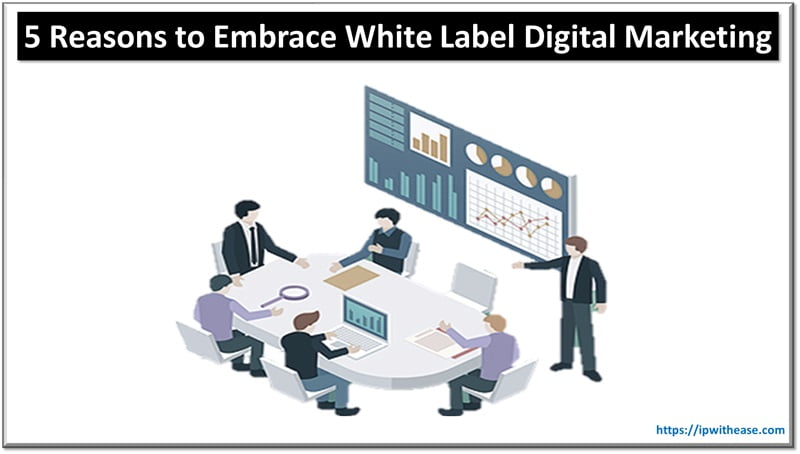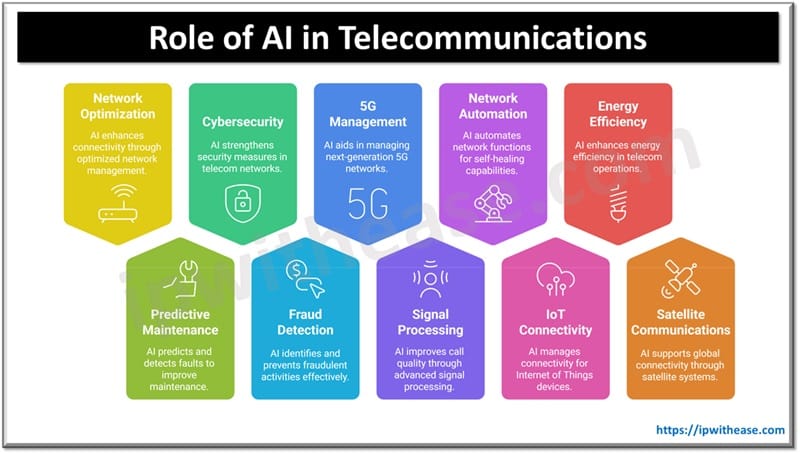Table of Contents
Customer Relationship Management (CRM) has transcended the realms of buzzword to become an established pillar of modern business strategy. Yet, behind this unicorns-and-rainbows facade of customer delight and data-juggling lies an intricate world of software, psychology, and processes. If you’ve felt like you’re only skimming the surface when it comes to leveraging CRM, this deep-dive is for you.
From understanding the nuanced ways CRM can transform your business to grasping the intricate web of components that make a CRM strategy successful, we will explore the full spectrum of customer management mysteries.
Understanding CRM Beyond the Software
At its core, CRM is not just a software solution; it’s a philosophy. It’s about building relationships with your customers to not only keep them coming back, but also to turn them into loyal brand advocates. Understanding this is the first step to an effective CRM strategy.
The ABCs of CRM
Customer Relationship Management encompasses three key areas:
- Operational CRM streamlines business processes that directly deal with customers, such as sales automation, marketing automation, and service automation.
- Analytical CRM focuses on analyzing customer data for a better understanding of customer behavior, which then informs business decisions.
- Collaborative CRM frames inter-departmental communication around the customer, ensuring everyone is on the same page regarding customer interactions.
By integrating these three approaches, businesses can create a holistic customer-centric environment that drives growth and loyalty.
A Customer-Centric Culture
The software is merely a tool; the real power of CRM is in cultivating a customer-centric culture within your organization. This requires a mindset shift where every employee, from sales to tech support, understands and prioritizes the customer’s needs.
Instituting this culture involves:
- Leadership that champions customer focus from the top down.
- Training programs that teach employees the importance of their roles in the customer experience.
- KPIs and incentives aligned with customer satisfaction and retention rather than just acquisition.
The Mechanics of CRM Software
Reliable, user-friendly CRM software is a crucial asset for any business. With a plethora of options available, choosing the right one can be daunting. But more important than the featureset is the way you implement and use it.
Selecting the Right CRM
When choosing a CRM system, consider these factors:
- Scalability to grow with your business.
- Integration capabilities with existing software.
- Customization options to fit your specific needs.
- Accessibility for all relevant stakeholders, especially considering a remote or distributed workforce.
Further, involve end-users in the selection process to ensure the software meets their needs and doesn’t become another ignored tool on their desktop.
Implementation Best Practices
Simply purchasing CRM software won’t miraculously solve your customer management issues. A methodical approach to implementation is key:
- Start with a clear strategy that aligns with your business goals.
- Ensure data quality and cleanliness from the outset to avoid downstream problems.
- Set realistic goals and expectations for your team.
- Provide extensive, on-going training to maximize user adoption.
By treating different CRM software instead of Salesforce as part of a wider organizational strategy, you ensure it becomes an enabler of your business’s customer-centric efforts, not a hindrance.
The Human Touch in CRM
At its heart, CRM is about human connections. No matter how sophisticated your software, it’s the people that power these systems that ultimately make or break your customer relationships.
Emotional Intelligence in Sales and Service
The best CRM strategies understand the importance of empathy and emotional intelligence. This is particularly significant in sales and service roles, where understanding customer needs and frustrations can turn a transactional interaction into a meaningful relationship.
Encourage your sales and service teams to:
- Listen actively to customer concerns.
- Be responsive and respectful in their communication.
- Tailor interactions to the customer’s emotional state, not just their transactional needs.
Unlocking the Full Potential of CRM
Your CRM strategy shouldn’t be a static entity. It needs to evolve with your business, the market, and the technology available. Here’s how to ensure you’re continually unlocking CRM’s full potential.
Continuous Learning and Adaptation
Make learning and adaptation part of your CRM culture. This includes:
- Regularly seeking customer feedback and incorporating it into your processes.
- Staying informed on CRM technology advancements and how they might benefit your business.
- Implementing agile methodologies that allow you to make changes to your CRM strategy quickly and efficiently.
By continually learning and adapting, you can avoid the stagnation that often leads to CRM systems being under-utilized.
Measuring Success with the Right Metrics
How do you know if your CRM strategy is working? The answer lies in the metrics you choose to measure:
- Customer retention rates.
- Net Promoter Score (NPS).
- Customer lifetime value.
- Time to resolution for customer service queries.
The right metrics will vary depending on your business, but they should always align with your CRM goals and provide actionable insights.
Building a Community of CRM Champions
Finally, don’t overlook the power of community. Encourage your team to share their successes and challenges with the CRM system. This not only generates ideas for improvement but also creates a network of CRM champions within your organization who can lead by example.
By building a community that believes in the value of CRM, you foster an environment where the secrets of effective customer management are not just unveiled but become ingrained in the very fabric of your business.
Concluding Thoughts
CRM is a multifaceted discipline that integrates technology, data, and human connection to build lasting customer relationships. By understanding the foundations, mastering the mechanics, and emphasizing the human touch, you can create an effective CRM strategy that drives true customer value. Continuously unlocking CRM’s potential through learning, measurement, and community building ensures that your business will always be one step ahead in the art of customer management.
Continue Reading:
Need for ERP System in Various Industries
How the Product Development Process (PDP) Works
ABOUT THE AUTHOR
IPwithease is aimed at sharing knowledge across varied domains like Network, Security, Virtualization, Software, Wireless, etc.



